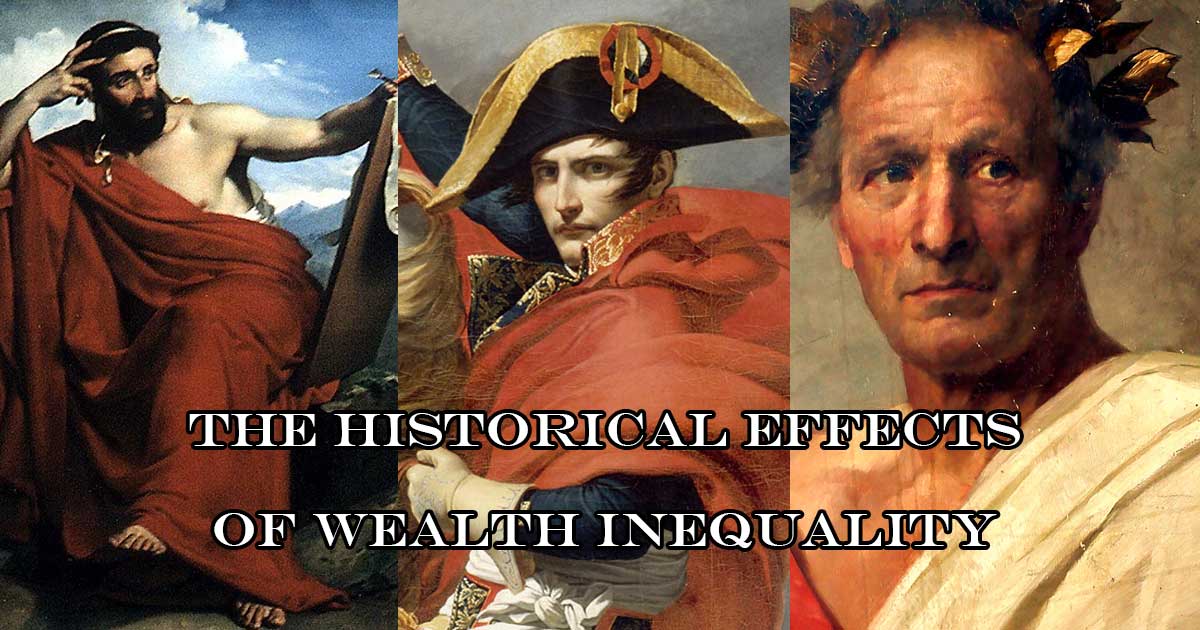The Historical Effects of Wealth Inequality

We examine the historical effects of social, political, and economic inequality on society to see how it has led to social unrest and events like revolutions and populist uprisings.
Germany, officially the Federal Republic of Germany (Bundesrepublik Deutschland) is a sovereign state and federal parliamentary republic in central-western Europe.
It includes 16 constituent states, covers an area of 357,021 square kilometres (137,847 sq mi), and has a largely temperate seasonal climate. Its capital and largest city is Berlin. With about 81.8 million inhabitants, Germany is the most populous member state of the European Union. After the United States, it is the second most popular human migration destination.
The Germanic regions of Europe were one of the key eras where European civilization arose in sub-Roman Europe.

We examine the historical effects of social, political, and economic inequality on society to see how it has led to social unrest and events like revolutions and populist uprisings.

The exact origin of the term politically correct isn’t known, although the earliest usage we could find was from 1793 Supreme Court Case Chisholm v. Georgia.